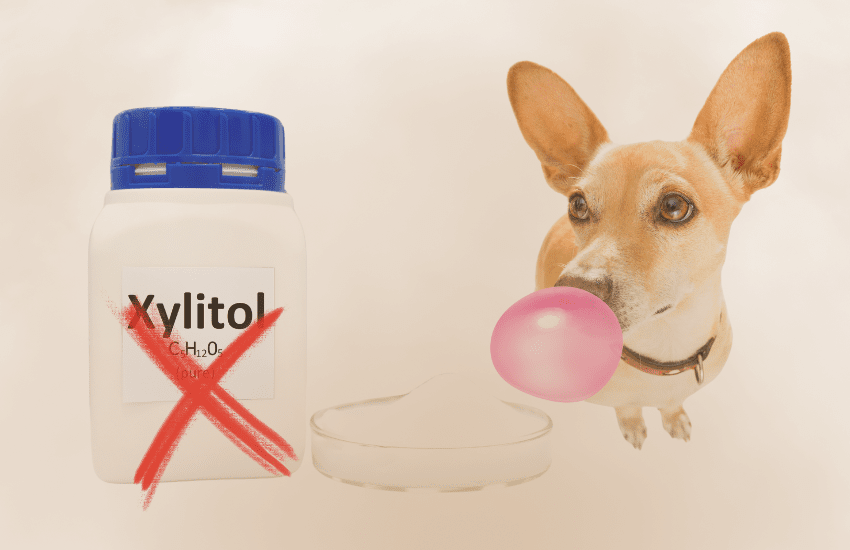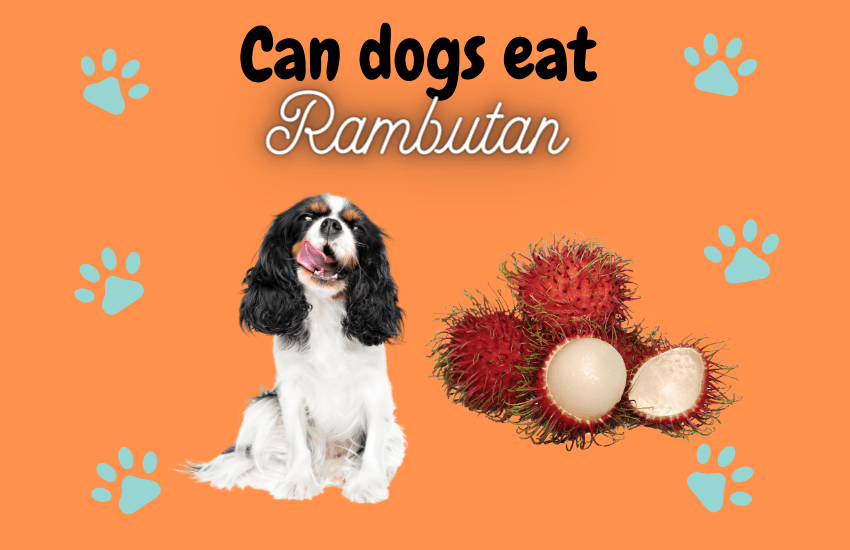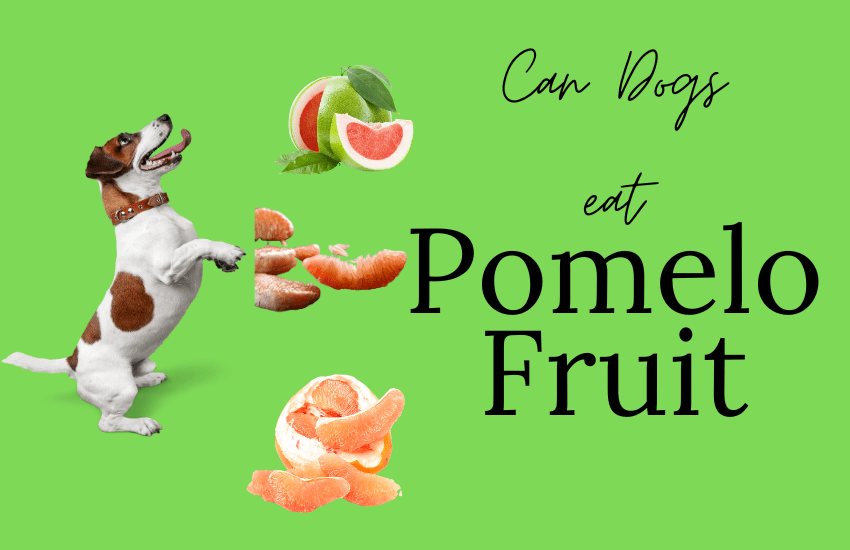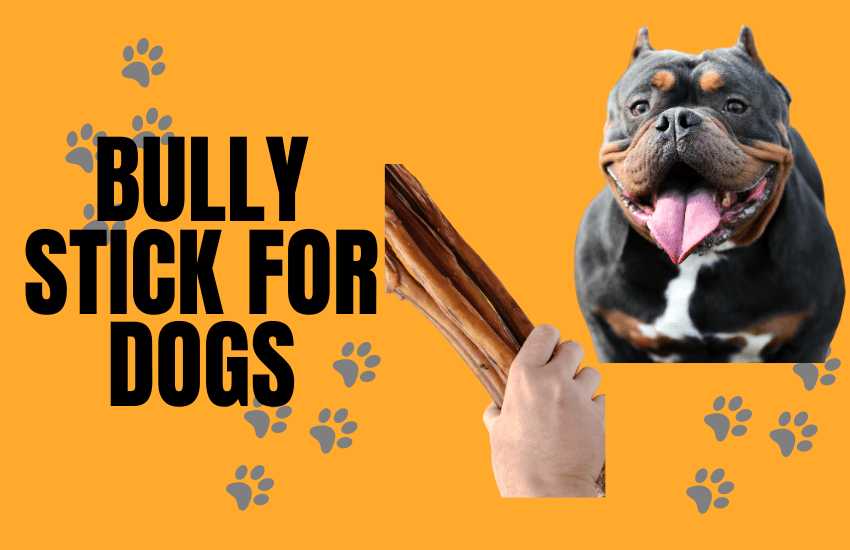Can dogs have chewing gum?-Dogs should not have chewing gum as it can be toxic to them. Xylitol, an artificial sweetener found in many gums, is particularly harmful.
Chewing gum poses significant health risks for dogs, including choking hazards and potential toxicity. Many sugar-free gums contain xylitol, a sweetener that is safe for humans but lethal for dogs, even in small amounts. Xylitol can cause a rapid release of insulin in canines, leading to hypoglycemia (low blood sugar), seizures, liver failure, or even death.
Owners must ensure that gum and other xylitol-containing products are kept out of reach of their pets. Being vigilant about what your dog consumes is crucial, as seemingly harmless human treats can be dangerous. Immediate veterinary care is required if a dog accidentally ingests chewing gum. Educating pet owners on the dangers of xylitol and pet-safe alternatives is essential for preventing accidental poisonings.
Risks Of Chewing Gum For Dogs
Many dog owners often wonder if their furry friends can enjoy the same treats as humans. Chewing gum, for instance, might seem like a harmless snack to share. However, it poses serious risks to dogs. From toxic ingredients to digestive hazards, the dangers are real and sometimes fatal. Let’s explore why offering your pup a stick of gum is a bad idea.
Xylitol Poisoning
Xylitol, a common sweetener in sugar-free gum, is highly toxic to dogs. Even small amounts can trigger a rapid release of insulin, leading to hypoglycemia, or low blood sugar. This can occur within minutes to hours after ingestion and requires immediate veterinary attention. Symptoms of xylitol poisoning include:
- Vomiting
- Weakness
- Lack of coordination
- Seizures
- Collapse
In severe cases, xylitol can cause liver failure. The table below illustrates the toxicity of xylitol in dogs:
| Amount of Xylitol | Potential Severity |
|---|---|
| 0.1 g/kg | Mild Hypoglycemia |
| 0.5 g/kg | Severe Hypoglycemia |
| 1.0 g/kg or more | Liver Failure |
Always keep xylitol-containing products out of reach and check labels carefully before sharing any food with your dog.
Intestinal Blockage
Chewing gum can also lead to intestinal blockages in dogs. These blockages are serious and may need surgical intervention. Gum does not break down easily, and if swallowed, it can stick to the digestive tract, causing a blockage. Signs of an intestinal blockage include:
- Abdominal pain
- Vomiting
- Diarrhea
- Loss of appetite
- Bloating
Here is what happens when a dog swallows chewing gum:
- The gum can become lodged in the stomach or intestines.
- It can attract other swallowed items, compounding the blockage.
- The digestive system works harder to move the gum, often without success.
- If not treated, this can lead to ruptures or tears in the digestive tract.
To prevent such dangers, ensure gum and other indigestible items are out of your dog’s reach. Always monitor what your dog chews on and consult your vet if you suspect they’ve ingested something harmful.
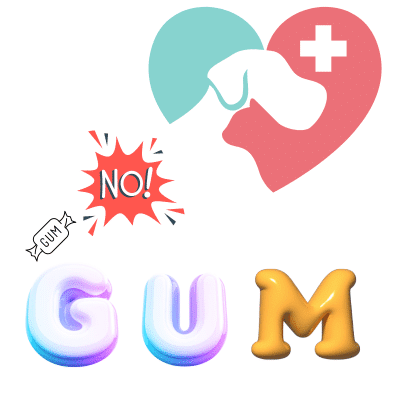
Symptoms Of Chewing Gum Ingestion
It’s a common sight to see dogs chew on various objects, but chewing gum should never be on their list. Gum often contains xylitol, a sweetener that’s toxic to dogs. Even a small amount can lead to serious health issues. Recognizing the symptoms of chewing gum ingestion early can save your dog’s life. Let’s delve into these symptoms, which every dog owner should know.
Lethargy And Weakness
Lethargy and weakness are telltale signs that something is not right with your dog. If they’ve ingested gum, these symptoms can manifest quickly. Dogs suffering from xylitol poisoning may show:
- Decreased activity – Your dog may seem less playful and slow to move.
- Loss of coordination – They might stumble or have trouble standing.
- Fainting or collapse – In severe cases, your dog may lose consciousness.
These signs can also indicate other health issues, so it’s vital to seek veterinary care immediately if you notice them. A vet can assess the severity and provide prompt treatment.
Vomiting And Diarrhea
Gum ingestion can cause gastrointestinal upset in dogs. Symptoms can include:
- Vomiting – Your dog may throw up to rid its stomach of the gum.
- Diarrhea – Watch for loose or watery stools soon after ingestion.
These symptoms can lead to dehydration, so it’s crucial to keep your dog hydrated and get them to a vet quickly. The vet may need to perform tests or give treatments like:
| Treatment | Description |
|---|---|
| IV fluids | Helps with hydration and flushing out toxins. |
| Medication | May be given to stop vomiting and protect the stomach. |
| Monitoring | Checking blood sugar levels and liver function is crucial. |
Remember, time is of the essence with xylitol poisoning. Quick action could save your dog’s life.
Treatment For Chewing Gum Ingestion
Many pet owners wonder if dogs can have chewing gum. The answer is no. Chewing gum can be very harmful to dogs. It often contains xylitol, a sweetener that is toxic to dogs. If a dog eats chewing gum, it may need treatment right away. Let’s talk about how to help a dog that has eaten chewing gum.
Inducing Vomiting
If your dog eats chewing gum, you might need to make it vomit. This is important to do quickly. But, only do this if a vet tells you to. Here are steps to follow and things to remember:
- Call a vet first. They will tell you if making your dog vomit is safe.
- Use hydrogen peroxide. If the vet agrees, give your dog a small amount of hydrogen peroxide. This will make your dog vomit.
- Keep your dog calm. After it vomits, keep it quiet and watch it closely.
Remember, never try to make your dog vomit without talking to a vet first. It could be dangerous.
Medical Intervention
If your dog eats chewing gum, it might need medical help. Here’s what vets might do:
- Check your dog. The vet will look at your dog and maybe do some tests.
- Give medicine. Your dog might get medicine to help it feel better.
- Stay at the clinic. Your dog might need to stay for monitoring.
Here are more details:
| Action | Reason |
|---|---|
| Physical exam | To check the dog’s health. |
| Blood tests | To find any problems. |
| IV fluids | To keep the dog hydrated. |
If you think your dog has eaten chewing gum, call a vet right away. Quick action can save your dog’s life.
Preventive Measures
Can dogs have chewing gum? This is a vital question for every dog owner. Chewing gum can be dangerous for dogs. It often contains xylitol, a sweetener harmful to our furry friends. This substance can cause low blood sugar, seizures, and even liver failure in dogs. To protect your pet, it’s essential to take the right preventive measures. Let’s explore how to keep your dog safe from the risks of chewing gum.
Keep Chewing Gum Out Of Reach
Ensuring chewing gum is beyond your dog’s reach is crucial. Consider these tips:
- Store gum in closed cabinets or high shelves.
- Remind guests to keep their bags and coats away from your pet.
- Check for gum under furniture or in pockets.
Children often have gum, so teach them about the dangers. Make sure they know to dispose of gum properly. Use a trash can with a secure lid to prevent your dog from getting into it. Below is a simple table illustrating safe storage versus risky places for gum.
| Safe Storage | Risky Places |
|---|---|
| Locked cabinets | Purses and bags |
| High shelves | Low coffee tables |
| Secure trash cans | Children’s rooms |
Use Dog-friendly Alternatives
Instead of gum, provide dog-friendly alternatives. These can satisfy your pet’s urge to chew. Consider these options:
- Durable rubber toys
- Special dental chews designed for dogs
- Rawhide-free treats
These alternatives keep your dog’s teeth clean and their minds stimulated. Always choose products appropriate for your dog’s size and chewing habits. Consult your vet for personalized recommendations. Here are some benefits of dog-friendly chews:
| Benefits | Examples |
|---|---|
| Enhances dental health | Dental chews, Rubber toys |
| Prevents boredom | Interactive puzzles, Treat-dispensing toys |
| Safe for digestion | Rawhide-free treats, Natural chews |
Offer these alternatives under supervision, especially when introducing a new toy or treat. This ensures your dog’s safety and allows you to judge their reaction to the chew. Remember, the goal is to keep your dog engaged and safe without the risks that chewing gum poses.
Can Dogs Chew Gum
Many pet owners wonder about the snacks their furry friends can safely enjoy. A common question is: Can dogs have chewing gum? Understanding the risks and ingredients involved is crucial for keeping pets safe. Let’s explore whether gum is a suitable treat for dogs or a potential hazard.
The Hidden Dangers Of Chewing Gum For Dogs
Chewing gum can be harmful to dogs, primarily due to an ingredient called xylitol. This sugar substitute is toxic to canines and can cause serious health issues. Symptoms of xylitol poisoning include vomiting, lethargy, and loss of coordination. In severe cases, it can lead to liver failure. Therefore, it’s essential to keep gum out of your dog’s reach.
Non-toxic Gum For Dogs: Does It Exist?
While some gums do not contain xylitol, no chewing gum is designed for dogs. Even without toxic ingredients, gum can pose a choking hazard or cause gastrointestinal blockages. It’s best to avoid giving any type of gum to your dog, regardless of the ingredients.
Safe Alternatives To Chewing Gum For Canine Oral Health
If you’re concerned about your dog’s dental health, consider safer alternatives. Dog-friendly chew toys and special dental treats are made to help clean teeth and freshen breath. These options are specifically designed for dogs, ensuring they are safe and beneficial for oral care.
| Type of Alternative | Benefits |
|---|---|
| Dog Dental Chews | Help reduce plaque and tartar buildup |
| Rubber Chew Toys | Massage gums and provide chewing satisfaction |
| Rawhide-Free Treats | Safe to digest and promote fresh breath |
Keep Your Dog Safe: Be Mindful Of What They Chew
As a responsible pet owner, always be mindful of what your dog chews on. Monitor their play with toys and ensure they do not have access to items like chewing gum. If your dog accidentally ingests gum, contact your vet immediately. With the right precautions, you can keep your dog healthy and happy.
Frequently Asked Questions
What Can Happen If A Dog Eats Chewing Gum?
If a dog eats chewing gum, it can lead to digestive blockages or xylitol poisoning, which is potentially life-threatening and requires immediate veterinary attention.
What Gum Is Toxic To Dogs?
Xylitol-containing gum is toxic to dogs. Even small amounts can lead to hypoglycemia, seizures, liver failure, or even death. Always keep xylitol gum out of your dog’s reach.
Is Orbit Gum Toxic To Dogs?
Orbit gum contains xylitol, which is highly toxic to dogs. Even small amounts can cause hypoglycemia, liver failure, and death. Always keep Orbit gum out of your dog’s reach and seek veterinary care immediately if they ingest any.
Does Chewed Gum Still Have Xylitol?
Chewed gum retains some xylitol, but its amount decreases as you chew. Sugar-free gums often use xylitol for sweetness, which diminishes with time during chewing.
Conclusion
To sum up, chewing gum poses significant risks to dogs. Always prioritize pet-safe alternatives for dental health and fun. Remember, swift action is crucial if your dog ingests gum. Keep your canine companion safe by being vigilant about the treats they consume and consult your vet with any concerns.


